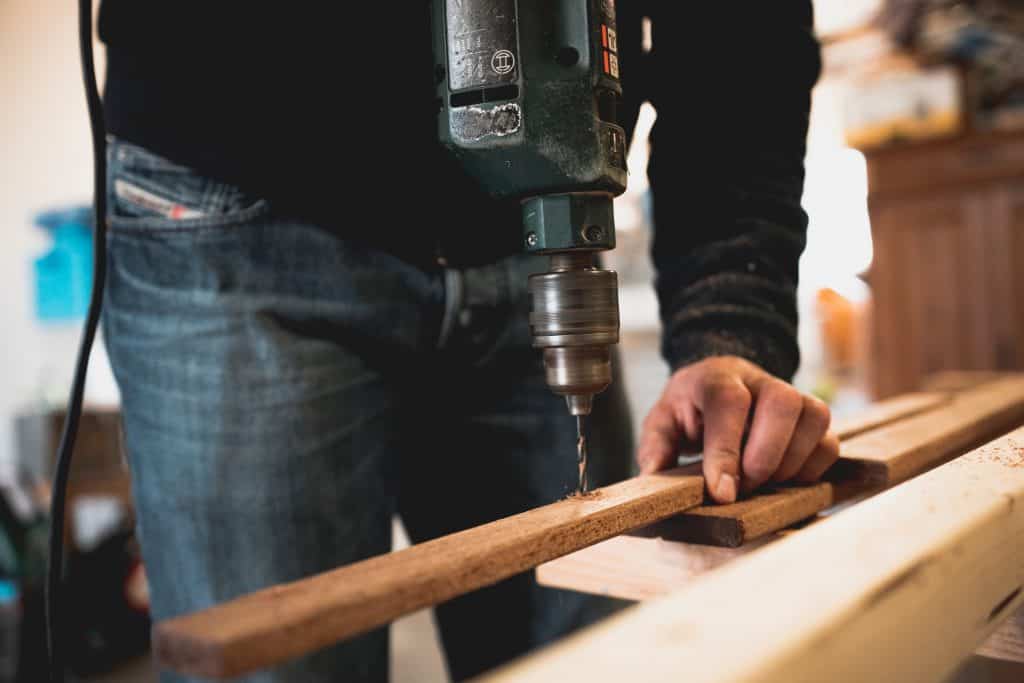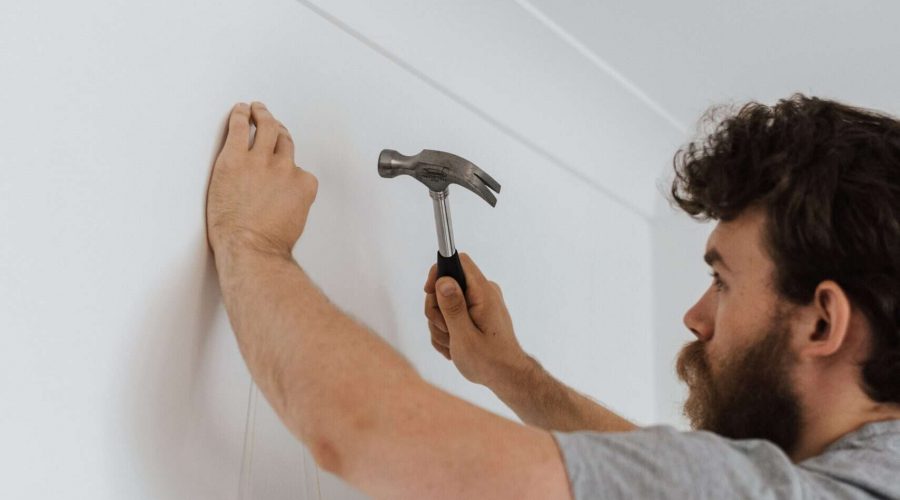DIY projects are common in residential areas, but what time are you allowed to make DIY noise in the UK?
It is important to consider and be mindful of the impact of your DIY activities on those around you, as they can occasionally disrupt neighbours due to noise and other factors.
While no specific UK laws limit the hours or days when DIY work can be done, there are guidelines and recommendations to ensure a harmonious living environment.
In this article, we will answer the question of what time you are allowed to make DIY noise in the UK, discuss homeowners’ responsibilities, discuss the importance of maintenance, and discuss the actions that local councils can take in response to noise complaints.
What Time Are You Allowed To Make DIY Noise In The UK?
Although there are no strict laws governing the specific times for DIY work, reasonable guidelines should be followed to minimise disruptions to neighbours.
Most local councils recommend limiting louder activities to the following hours:
Mon-Fri

08:00-21:00
Saturday

08:00-19:00
Sunday

10:00-17:00
What Does The Government Say?
Check out the GOV website on noise nuisances and how councils deal with complaints.

Considerations for Party Walls and Floors
When performing DIY work, be aware that working on or near party walls or floors between properties can result in higher levels of noise than expected.
Wallpaper removal, picture hanging, and wall preparation can be especially loud next door. At the same time, work on floors, such as plumbing, rewiring, and sanding, can be disruptive to those living below if you live in a flat.
Taking extra precautions and controlling the noise can help you maintain a peaceful environment while keeping your neighbours happy.
The Role of Radio in DIY Work
We all enjoy a sing-along as we tackle tasks at home. Most of us find it helpful to have the radio on because it provides a sense of enjoyment and maintains a reasonable level of noise, particularly during the latter time of day.
Not having loud music blasting out of your radio shows respect for your neighbours and contributes to a continuous, harmonious living environment.
Maintenance of Equipment
Keeping your equipment in good working order is essential when doing DIY projects. Outdated or malfunctioning tools usually make a lot of noise and make the job take longer.
Using more robust and appropriate equipment can frequently help solve noise problems, allowing for more efficient task completion. Regular maintenance and equipment upgrades can create a more enjoyable and quiet DIY experience.
Special Considerations for Plant Equipment
In recent years, professional-grade tools and plant equipment for hire have become more widely available.
While these tools can be helpful for DIY enthusiasts, their use must be cautiously approached due to the potential for significant noise levels.
Pneumatic hammers, cement mixers, large power saws, planers, compressors, and generators are comparable to those used by professional builders, and the noise levels can be extremely high.
When using this equipment, it’s essential to consider the impact on your neighbours and take the necessary steps to reduce noise disturbances.
Reasonable Times for Commercial Building and Construction Works
Aside from do-it-yourself projects, commercial building and construction work are governed by rules governing noise levels and working hours. The following are the typical suggested hours for these types of jobs:
Mon-Fri

07:00-18:00
Saturday

09:00-13:00
Sunday

None
These guidelines apply specifically to commercial works that produce noise. Other work that does not offend may be carried out outside these hours.
Following these guidelines helps to ensure minimal disruption to nearby residential and commercial properties.

Actions Taken by Local Councils for Noise Complaints
Concerned neighbours can complain to the local council when DIY projects or construction activities cause significant disruption.
The council’s Environmental Protection Department deals with noise complaints and takes appropriate action.
When the council receives a complaint, it will typically investigate the details, such as the time and nature of the work, the frequency of the disturbances, and the types of tools used.
Suppose the council determines that the DIY work is causing a nuisance. In that case, it will notify the homeowner or occupier of the premises and request that steps be taken to minimise the disturbance.
If these requests are not followed, the council can issue a noise abatement order.
This order outlines the steps that must be taken to stop the noise nuisance, with further legal action possible if they are not followed.
Violations of the noise abatement order can sometimes result in fines of up to £5,000.
Seeking Guidance from Local Councils
Suppose you need clarification about your area’s regulations and guidelines for DIY noise. In that case, seeking advice from your local council’s Environment Protection Department is best.
They can give you personalised advice based on your specific situation and address any concerns you may have.
It’s always better to be proactive and follow the proper guidelines to keep your neighbourhood peaceful and manage the noise appropriately.
What time are you allowed to make DIY noise in the UK? – Conclusion
While there are no specific laws in the UK governing when DIY noise is allowed, it is good to be considerate of your neighbours and minimise disruptions caused by DIY activities.
Following reasonable hours for noisier tasks, properly maintaining equipment, and being mindful of the impact on party walls and floors can all contribute to a harmonious living environment.
Furthermore, understanding the actions and ways councils can respond to noise complaints empowers both homeowners and concerned neighbours to address any disturbances effectively.
If you are respectful and considerate, you can enjoy your DIY projects while maintaining positive relationships in your community.
What Time Are You Allowed To Make DIY Noise In The UK?
Thank you for reading our article on What Time Are You Allowed To Make DIY Noise In The UK. If this has proved useful, please pop by our BLOG for more tips and advice on DIY in your home.






